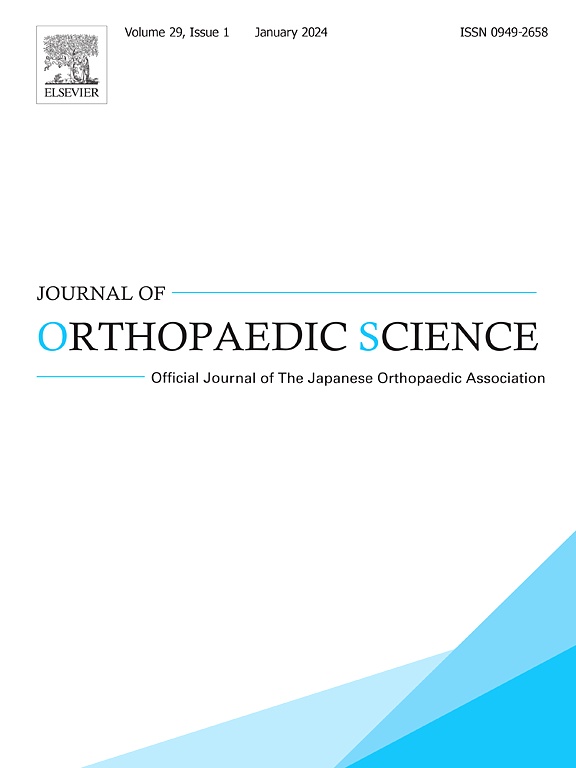
Percutaneous compression plate vs proximal femoral nail for intertrochanteric fracture

Percutaneous compression plate vs proximal femoral nail for intertrochanteric fracture
Percutaneous compression plate versus proximal femoral nail anti-rotation in treating elderly patients with intertrochanteric fractures: a prospective randomized study
J Orthop Sci. 2013 Nov;18(6):977-86Synopsis
90 elderly patients (>60 years of age) with intertrochanteric hip fractures underwent surgical implantation of a percutaneous compression plate (PCCP) or a proximal femoral nail anti-rotation (PFNA) device. The purpose was to evaluate the clinical and functional outcomes resulting from the differing treatment approaches. The PCCP resulted in reduced blood loss and shorter operation times compared...
To view the full content, login to your account,
or start your 30-day FREE Trial today.
FREE TRIAL
LOGIN
Forgot Password?
Explore some of our unlocked ACE Reports below!

Learn about our AI Driven
High Impact Search Feature
Our AI driven High Impact metric calculates the impact an article will have by considering both the publishing journal and the content of the article itself. Built using the latest advances in natural language processing, OE High Impact predicts an article’s future number of citations better than impact factor alone.
Continue



 LOGIN
LOGIN

Join the Conversation
Please Login or Join to leave comments.